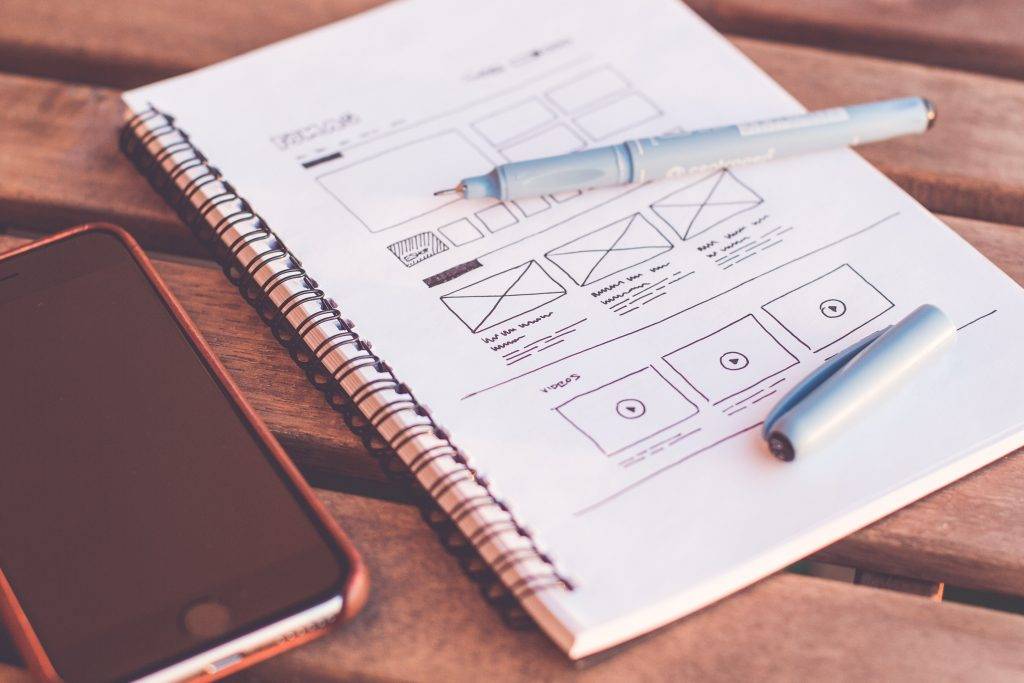
Are you in the market for a new website? If so, congratulations! A website is a crucial part of any business today. But before you start browsing through website design portfolios, there are a few things you need to keep in mind when choosing the right website designer. In this blog post, we will outline 10 tips for choosing the right website designer for your business. Keep these tips in mind, and you will be on your way to having a beautiful and effective new website!
- Define Your Own Needs
- Do Your Own Research
- Look for Experience and Portfolio Samples
- Ask for References
- Consider Your Budget and Scope
- Ask Questions
- Check for Credentials
- Consider Your Timeline
- Think About Maintenance
- Get a Proposal – And a Contract
Tip #1: Define Your Own Needs
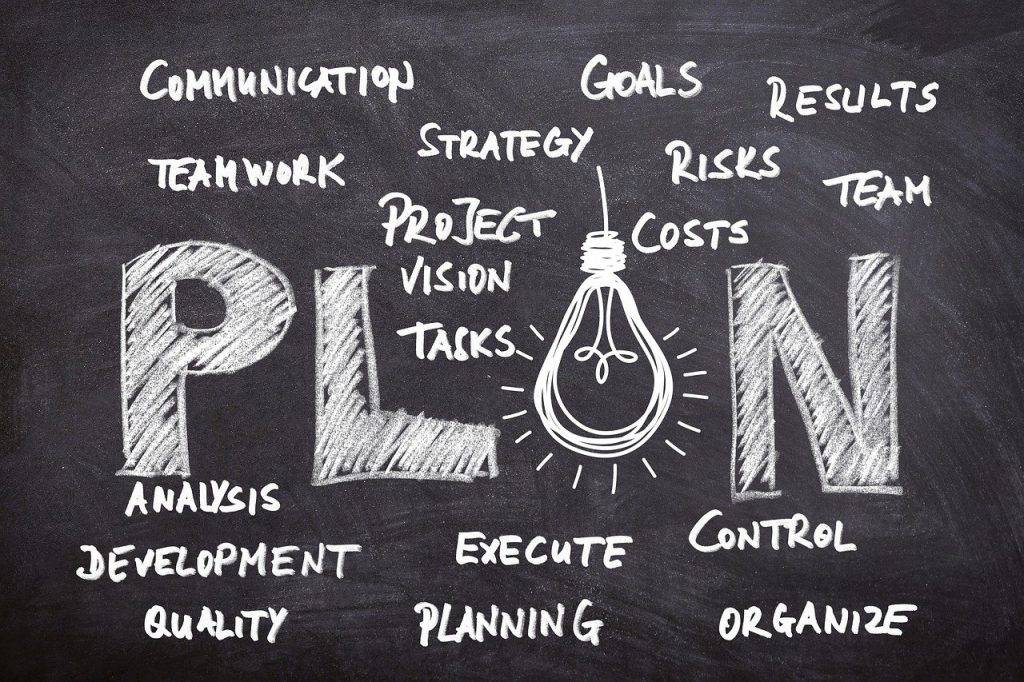
The first step in choosing the right website designer is defining your own needs. Today, the amount of choice you have when it comes to picking a web designer is staggering. So, how do you narrow it down? The best way to start is by figuring out what you want your website to do.
What are you looking for in a website? What are your goals for the website? What features do you need?
Are you looking for a simple brochure site? Do you need an eCommerce store? Are you looking for a custom design or something more off the shelf?
Other things to think about might be:
Defining your technology needs:
- Do you need to integrate with a specific payment platform or CRM?
- What kind of functionality do you need on your website?
- How will you capture and store data?
- Are you looking for a blog, event calendar, or custom forms?
- How will your website grow in the future?
Defining your business needs:
- Do you have existing branding that needs to be carried over to the new site?
- How do you plan on marketing your business?
- How does your site drive new leads and sales?
- How will your team use the website?
- What are the key messages you want to communicate on your website?
What would happen if you didn’t choose a designer?
- What is the opportunity cost of not having a website?
- How much time will it take you to build a website yourself?
- Is it worth it to spend money to get up and running faster?
Once you have defined your own needs, it will be much easier to find a designer who can help you achieve those goals.
Tip #2: Do Your Own Research

Before you even start thinking about contacting website designers, take some time to do your own research. Figure out what type of design you are looking for (what you like and don’t like) and compile a list of potential designers who fit those criteria. Ask friends and family for referrals, or search online for reviews. Does having a designer in the same geographic area matter to you? Does price matter more than design? Once you have a good idea of what you are looking for, the next step is to start contacting designers.
Start making notes about the ones you speak to and what you liked (and didn’t like) about their portfolio, communication style, etc. This will help make the decision-making process much easier down the road.
Once you have a good idea of what you want, it will be much easier to narrow down your search. Now let’s talk about what to look for in a designer’s portfolio.
Tip #3: Look for Experience and Portfolio Samples
When you are looking at a designer’s portfolio, make sure to look for experience in designing websites that are similar to yours. Ask to see some of the work that the designer has done that is most similar to what you are looking for. If you can’t find any samples of similar work, it might be a sign that the designer doesn’t have much experience in your specific industry. For example, if you are a law firm, don’t choose a designer who specializes in restaurants. If you are a B2B business, then it’s probably not a good idea to choose a designer who only builds eCommerce websites.
When looking at portfolio samples, make sure to look at the quality of the design and how well it was executed, not just the types of websites the designer has created. Also, take note of how well the website functions and if it was made using current best practices. Poorly functioning or outdated websites can be a sign that the designer might not be up to date on the latest trends and technologies.
Tip #4: Ask for References
A great way to get some feedback on potential website designers is to ask for references. Ask the designer if they have any clients that you can contact who would be willing to talk about their experience working with the designer. This is a great way to get an idea of what the design process was like and whether or not the client was happy with the final product.
Ask for references from past clients and contact them to find out about their experience working with the designer.
Tip #5: Consider Your Budget and Scope
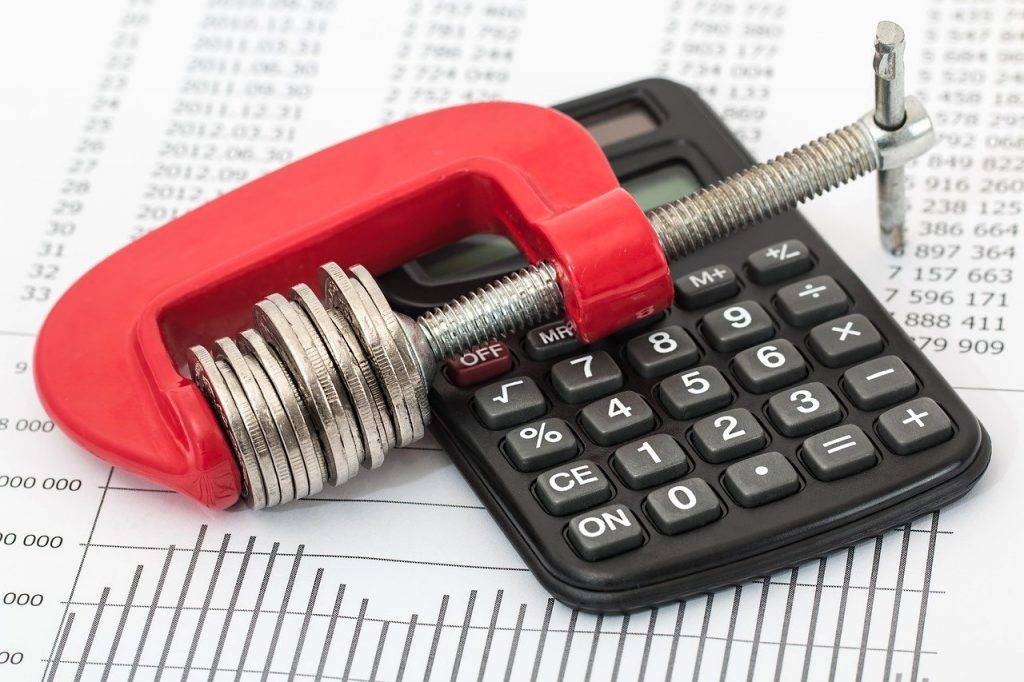
One of the most important things to consider when choosing a website designer is your budget. Make sure to get quotes from several designers and compare their rates before making a decision. It’s important to find a designer who can work within your budget without compromising on quality.
The choice really is yours.
Due to the sheer amount of choices when it comes to developing your website, pricing comes down to what makes sense for you and your business, more than what the designer charges. We have even covered it in a previous article. Consider what you are looking to get out of the project and how much time you want to spend on it yourself. If you have a tight budget, but don’t mind putting in some extra work yourself, then consider hiring a less experienced designer.
On the other hand, if you want a website that is professionally designed and you don’t have the time to do it yourself, then you will likely need to spend a little more money. And if you’re really lucky, you find a website development company like Aland Cloud that balances expert web development, speed, and price.
Beware scope creep.
Have you ever tried to take on a “quick little project” in your home? Painting the baseboards, replacing a door handle? Has it ever blown up into a full room renovation that leaves you down a bathroom, with a hole in the living room ceiling? Yeah. Scope creep happens in website design, too. And it’s often just as painful, especially if you’re on a tight budget. It can lead to missed deadlines, budget overruns, and a lot of stress.
Make sure to discuss the project scope upfront with your designer and get an agreement on what will and won’t be included in the final product. This way there won’t be any surprises down the road and you won’t end up paying for features that you didn’t originally want. If things start to get out of control, don’t be afraid to speak up!
By setting a budget and being realistic about what you can afford, you can avoid these kinds of problems, and keep your project on time and on budget.
Tip #6: Ask Questions
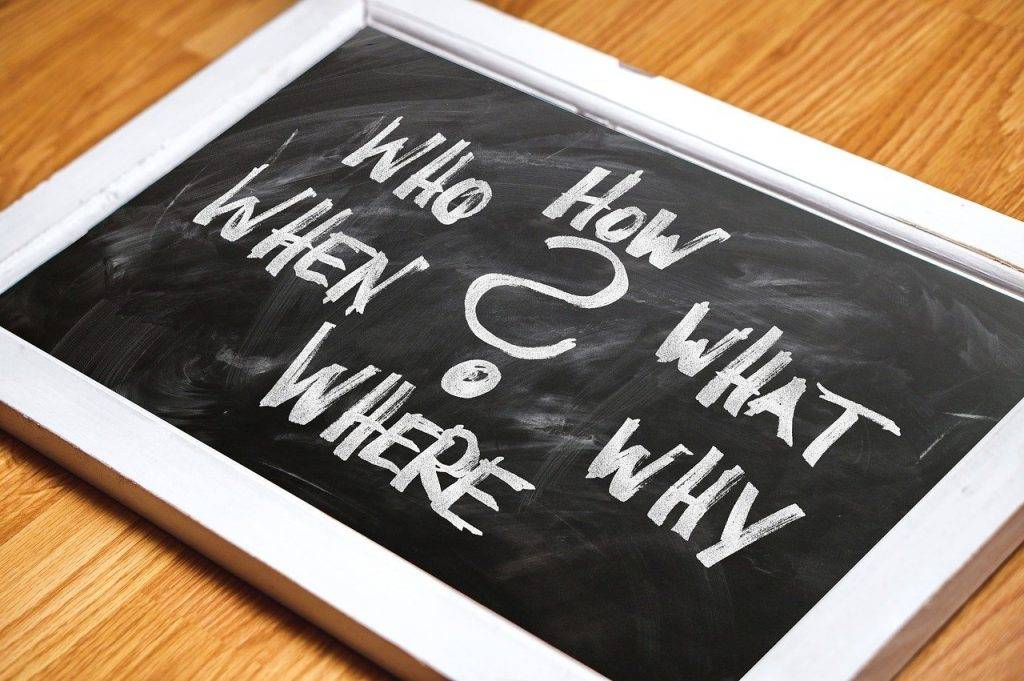
When you are interviewing potential website designers, be sure to ask them a lot of questions. Find out what their design process is like, how often you will be able to update your website, and whether or not they offer any other services such as SEO or social media marketing. The more information you have, the better equipped you will be to make a decision. Are there any other perks they offer like managed hosting, or a content management system?
Do they have a process for design and how do you fit into it as the business owner? How often can you update your website without penalty, or will there be an additional cost to do so?
If you’re designing a website, we’ve even put together a whole list of questions you should be asking.
Discuss your project with the designer and make sure they understand your vision, so that you don’t have to spend time going back and forth with them and delaying the project later on.
Tip #7: Check for Credentials
When you are interviewing website designers, be sure to ask for their credentials. Ask to see their portfolio, as well as any certificates or awards they may have won. This will help ensure that you are working with a qualified professional who knows what they are doing.
Do they have certifications, partnerships, or affiliate memberships to the tools and technology you need? If you’re building on a large and well-known CMS like WordPress, it’s handy if they specifically are prepared for these tools.
(Pro Tip: We’re so good with WordPress, we can get your website running in less than 5 minutes!)
Before you decide to work with a website designer, be sure to check their references. Ask them for a few clients that you can contact who will be willing to talk about their experience working with the designer. This is a great way to get an idea of what the design process was like and whether or not the client was happy with the final product.
Tip #8: Consider Your Timeline

One of the most important things to consider when working with a website designer is the timeline. Make sure to ask the designer how long they think it will take them to complete the project and find out what their schedule looks like. You don’t want your website launch date to be delayed because of a missed deadline from your designer.
Even worse, as we’ve mentioned above, scope creep can leave both you and your designer unhappy and frustrated, so make sure to set boundaries from the get-go.
Tip #9: Think About Maintenance
When you are choosing a website designer, be sure to think about maintenance. Find out if the designer offers any type of after-care service such as monthly updates or support in case you have any questions. This is important because you want to make sure that you will be able to get help if needed long after your website has been launched.
Be sure to understand who you are hiring. A solo designer can be great for the price and the speed, but it can be really tough if they get sick, go on vacation, or just have a really busy month. If you choose an agency, you’re hiring an entire team of people – developers, project managers, and sometimes copywriters/SEOs. This can be great for big projects that need multiple skilled people to work on them concurrently, but it also typically comes with a higher price tag.
What happens if there’s a problem down the line? Can you call someone to help solve it, or will you have to go through the designer? Do they offer monthly updates or maintenance plans post-launch?
You need to know what to expect – both good and bad.
Tip #10: Get a Proposal – And a Contract
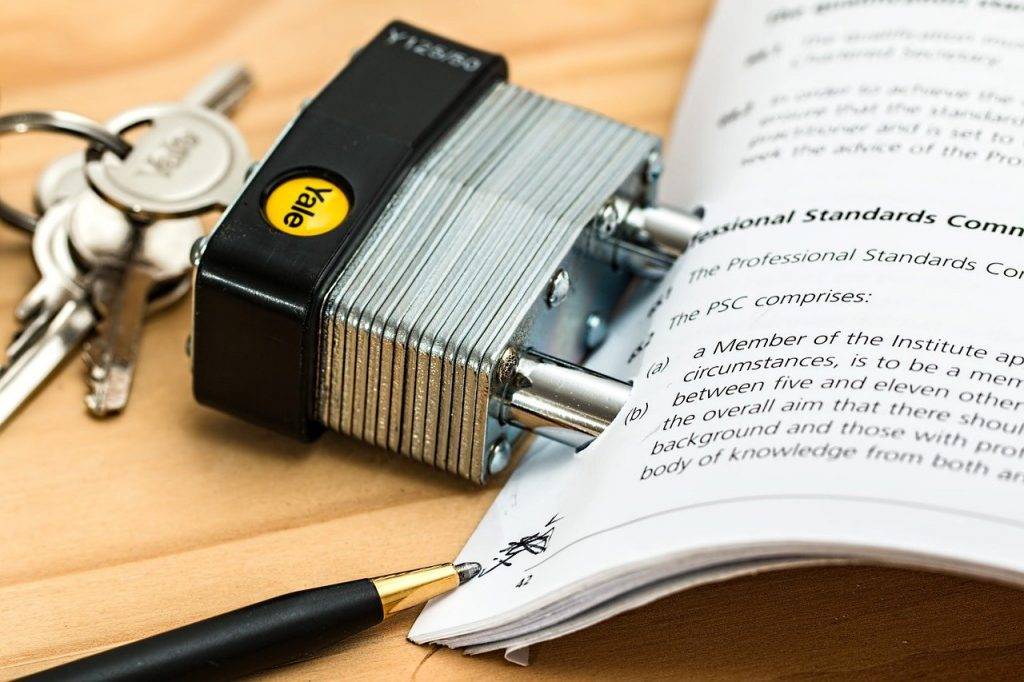
Once you have chosen a website designer, be sure to get a proposal and a contract in place. This will protect both you and the designer and ensure that both parties are aware of what is expected from each other. It’s also a good idea to have a timeline in the contract so that you can track the progress of the project.
A website proposal should outline the following:
- The cost of the project
- What is included in the cost
- A timeline for the project
- How you will be able to update your website without penalty
- Any additional costs that may occur during the project
Make sure to read through the proposal carefully and ask any questions you have before signing off on it.
Always get it in writing.
Finally, get a contract in writing that outlines the project specifications, timeline, and payment schedule. In the event of any disputes, this will safeguard both you and the designer.
Bonus Tip: Compare a Quote From Us!
If you’re thinking about updating your website and are looking for a cost-effective, experienced designer – don’t be afraid to say hello!
Conclusion
When choosing a website designer, it’s important to keep these ten tips in mind. By following these tips, you will be able to find a designer who is qualified and capable of creating a website that meets your needs and fits your budget.
If you’re thinking about updating your website and are looking for a cost-effective, experienced designer – we can get your new website built in days, not weeks! At Aland Cloud, we offer competitive quotes and can help you get the website you’ve always wanted.